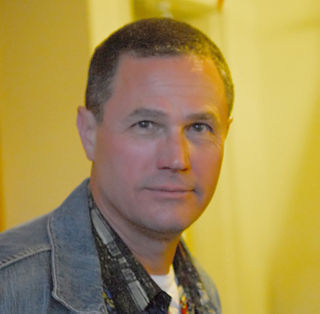A Quote by Joan Z. Borysenko
Learning to be aware of feelings, how they arise and how to use them creatively so they guide us to happiness, is an essential lifetime skill.
Related Quotes
I have learned from experience that happiness is an acquired skill. Children are one of the greatest lessons in happiness, constantly challenging us to enjoy the moment, as the next one will not be the same. Gratitude is essential to happiness. Every time our children rush up to us and smile, we have something to be happy about; every time we get out of bed and can take a deep breath and go out for a walk, we have something to be happy about-that is the essence of a happy existence. Happiness is a muscle we must use, or it will wither away.
I think we all mistake certain things for happiness. I think we mistake comfort for happiness and we mistake pleasure for happiness, and entertainment for happiness, when really these are just things we use as proxies for our happiness. We use them to cheer us up or try and achieve brief happiness, when really happiness is something much more profound and long lasting and exists within us.
Learning how to think really means learning how to exercise some control over how and what you think. It means being conscious and aware enough to choose what you pay attention to and to choose how you construct meaning from experience. Because if you cannot or will not exercise this kind of choice in adult life, you will be totally hosed.
A willingness to vocalize feelings. How important it is to be willing to voice one's thoughts and feelings. Yes, how important it is to be able to converse on the level of each family member. Too often we are inclined to let family members assume how we feel toward them. Often wrong conclusions are reached. Very often we could have performed better had we known how family members felt about us and what they expected.

































